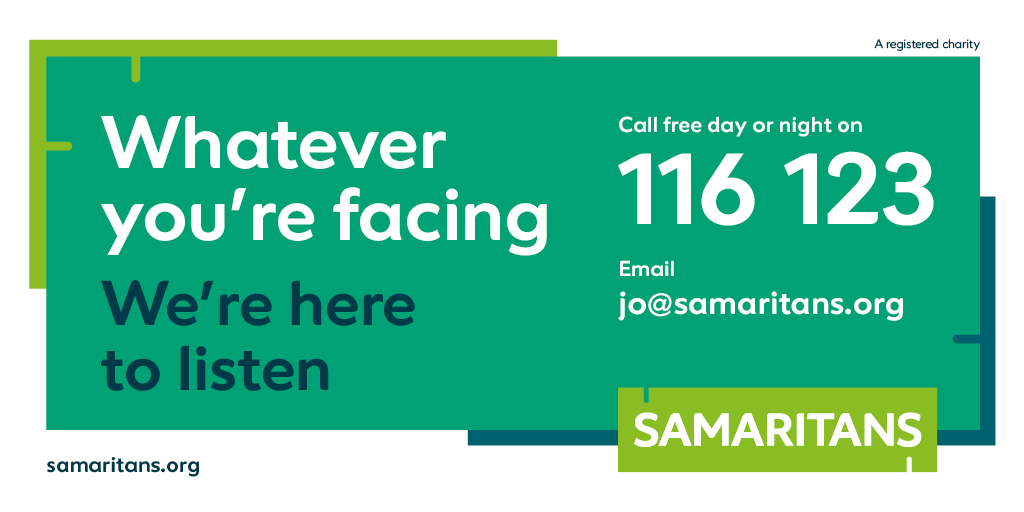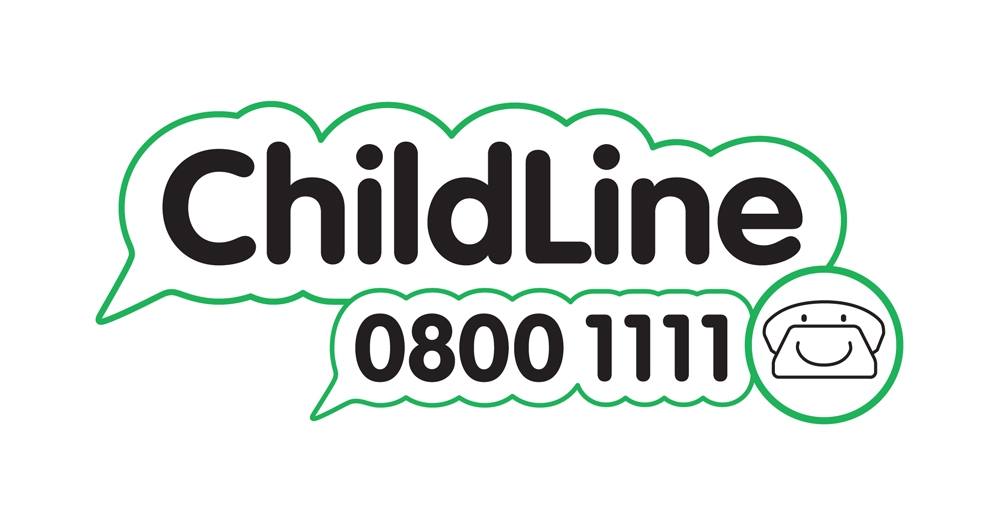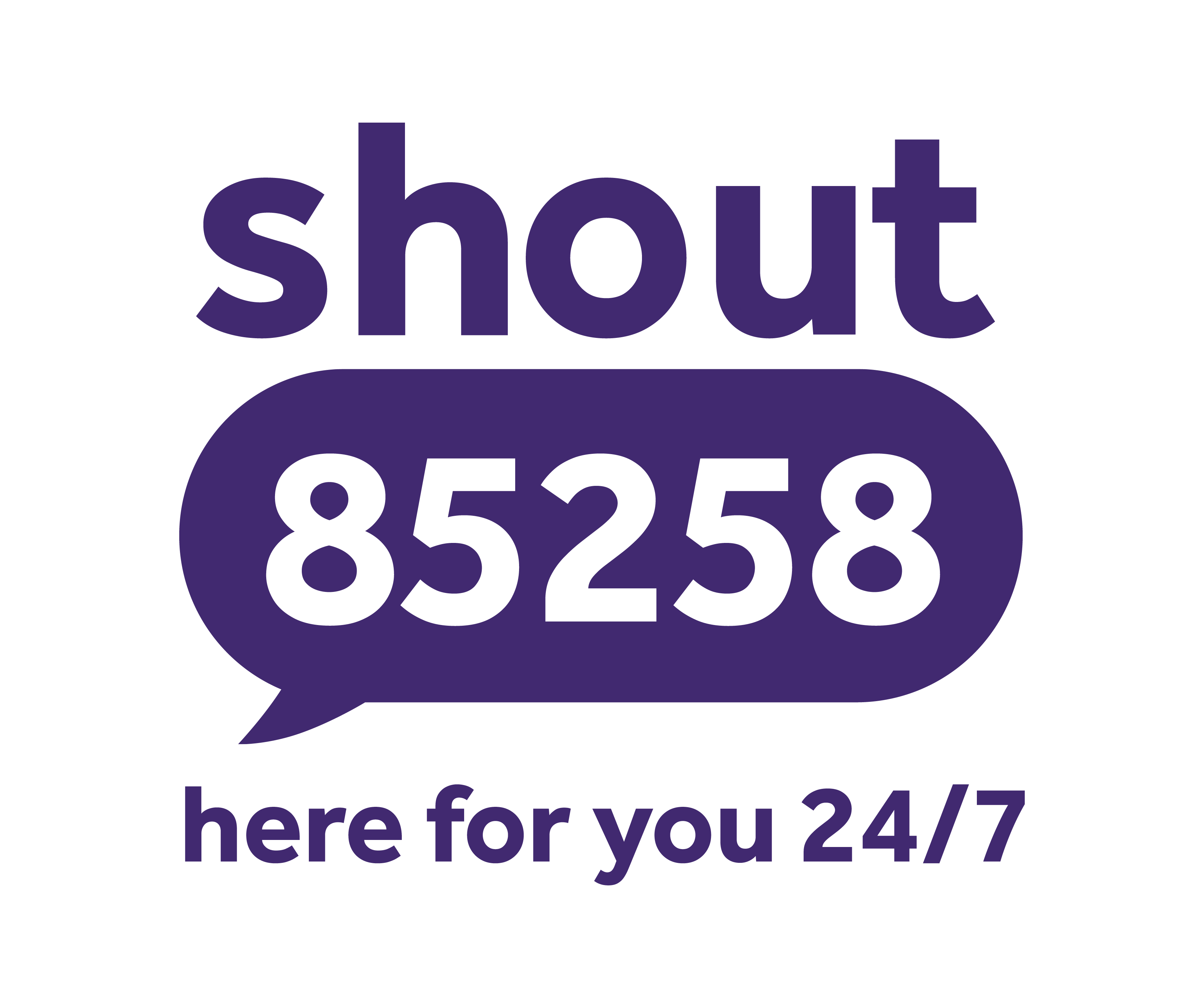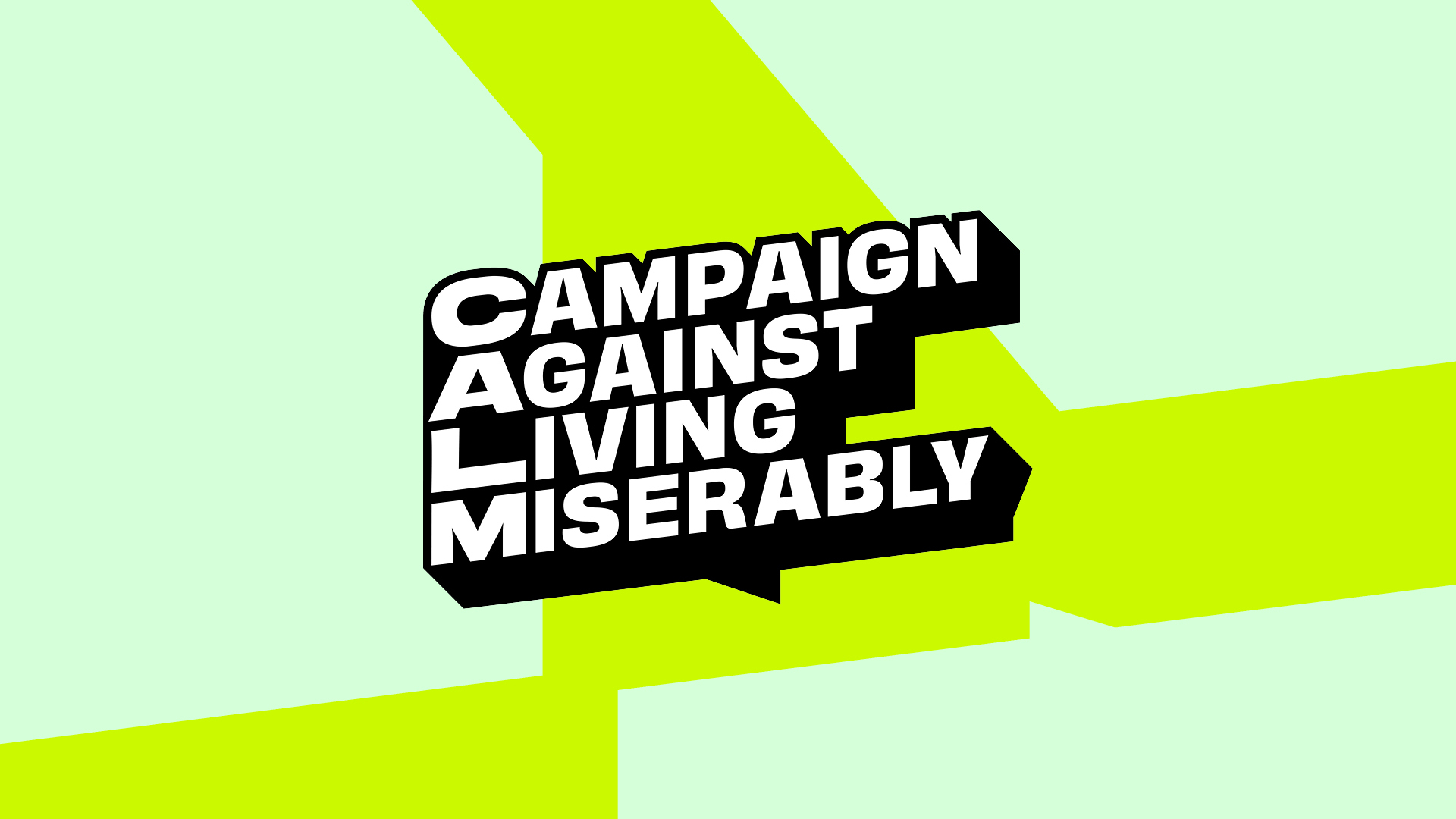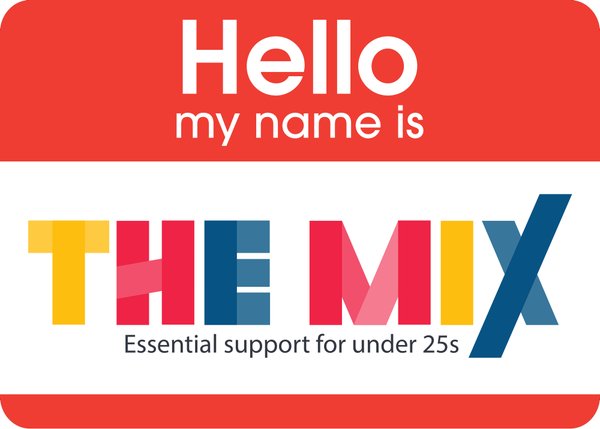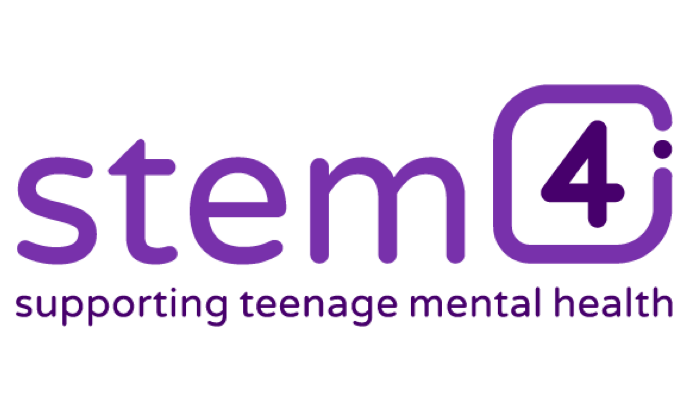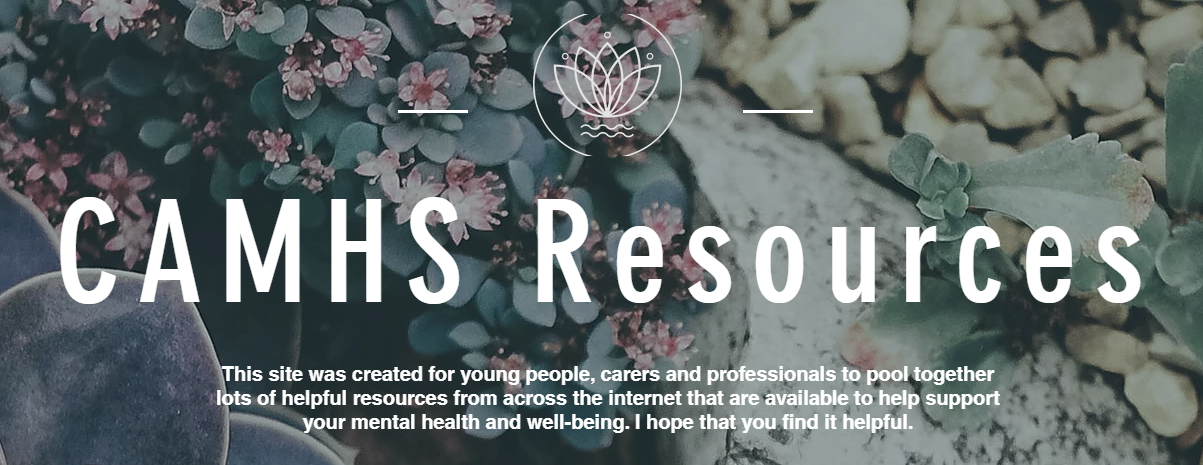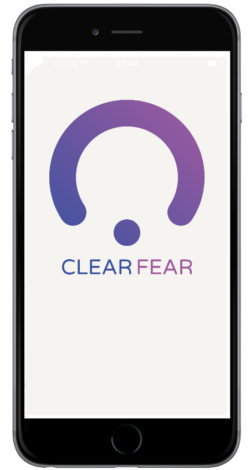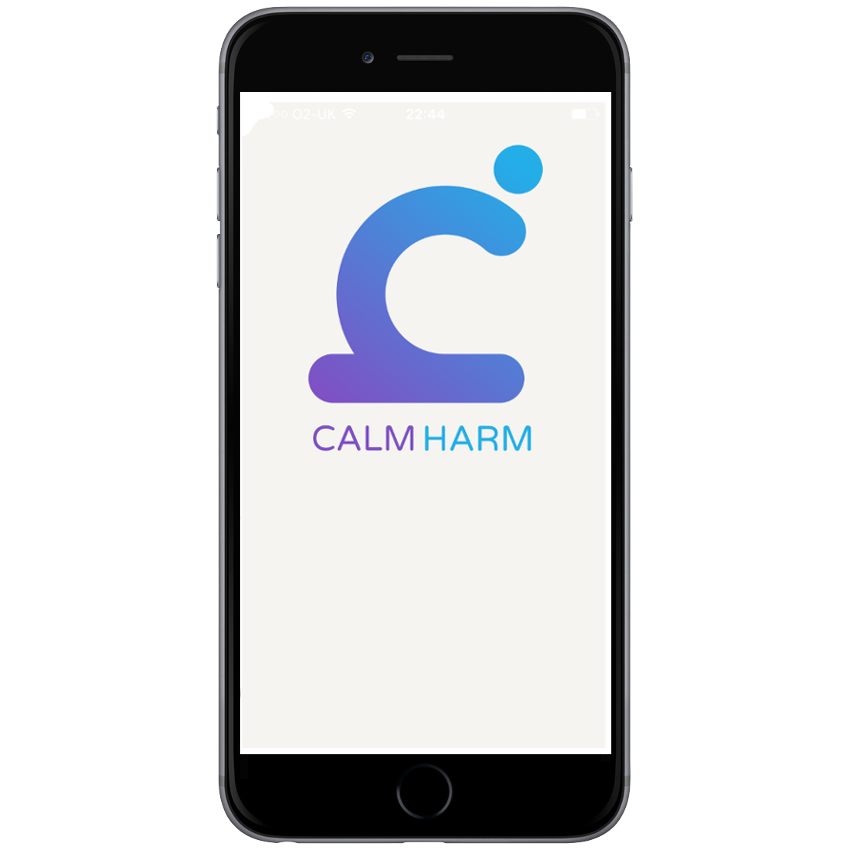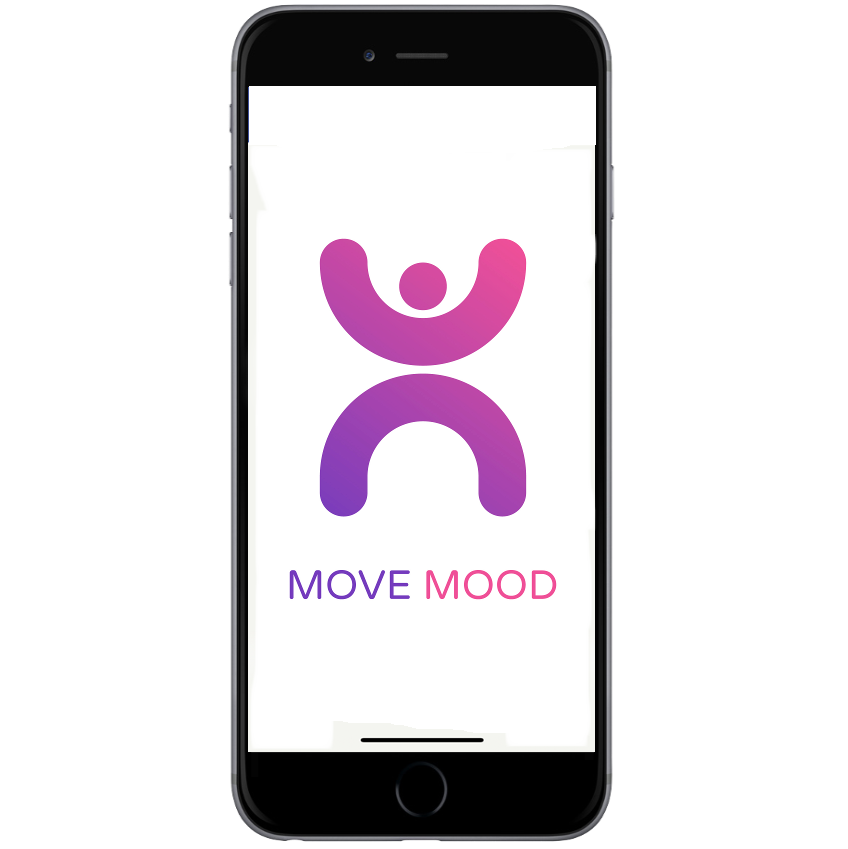Mental Health Advice for Parents and Carers
Mental Ill health
Anyone can suffer with mental ill health at any time in their life. This could be chronic or episodic and may follow a stressful time in your life, such as the loss of a job, financial hardship, physical illness or divorce, for example and this can affect anyone in the family.
Being a parent or carer is difficult but when you or your child's mental health is suffering, it is important that you seek help straight away. Practicing self care in a non-judgemental and accepting way, and taking time out will help you and your famliy.
Please use this page as a guide to reach out to local and national services that can help you when you or your child need it the most.
If you are really worried about a child:
- contact your local GP, or
- call social care direct on 0345 850 3503, or
- call 999 if you feel the child is in immediate danger.
Your child's well being
As a parent or carer you may have concerns around your child’s mental health. You may be worried about eating disorders, obsessive behaviours, self-harming, addictions and suicidal ideation.
Help for children can come from several sources, including family, friends, schools and colleges, and the voluntary sector. Charities provide vital and varied interventions via their frontline services, networks, helplines and campaigns.
Usually when a child experiences negative emotions such as sadness, anxiety, feeling frightened or worried, these feelings will pass. If they go on for a long time it may be time to seek help from a professional. Wakefield CAMHS (child and adolescent mental health services) can support parents and carers with advice for any child up to 18 years old.
Visit www.southwestyorkshire.nhs.uk/services/camhs-wakefield/ for more information.
To read more go to NHS resources, ‘choose well mental health guides’ for parents and children:
-
Show details
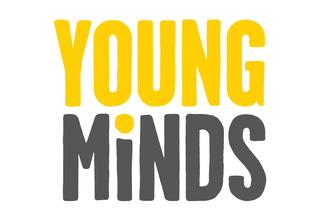 Suicidal Thoughts When a child is in extreme emotional distress they may be having suicidal thoughts. It is important to act quickly and not leave your child alone if you are seriously worried that their mental health is in crisis. Call 999 if you fear they are in immediate danger!
Suicidal Thoughts When a child is in extreme emotional distress they may be having suicidal thoughts. It is important to act quickly and not leave your child alone if you are seriously worried that their mental health is in crisis. Call 999 if you fear they are in immediate danger!Both Papyrus and Young minds provide immediate support for prevention of suicide. Follow the links below for more information:
· The Suicide Prevention Helpline, HOPELINE247, is staffed by trained suicide prevention advisers, who work with young people – and anybody concerned for a young person – to help keep them safe from suicide. HOPELINE247 is a free and confidential call, text and email service, which is available 24 hours a day, every day of the year (weekends and bank holidays included)
· Papyrus prevention of young suicide
· West Yorkshire Suicide Prevention
· Suicidal Thoughts | Suicidal Ideation Signs & Symptoms | YoungMinds
-
Show details
 Eating Disorders One of the many ways in which mental ill health may arise is through eating disorders. Children and young people’s attitudes to eating are affected by a range of things including appetite changes at different ages. Problems with food may develop as a coping strategy or way of feeling in control but can lead to unhealthy patterns of eating if not treated properly. Access the links below if you are worried about potential eating disorders:
Eating Disorders One of the many ways in which mental ill health may arise is through eating disorders. Children and young people’s attitudes to eating are affected by a range of things including appetite changes at different ages. Problems with food may develop as a coping strategy or way of feeling in control but can lead to unhealthy patterns of eating if not treated properly. Access the links below if you are worried about potential eating disorders: -
Show details
 Self Harm Self-harm can take lots of physical forms, including cutting, burning, bruising, scratching, hair-pulling, poisoning and overdosing. It is often used as a coping mechanism.
Self Harm Self-harm can take lots of physical forms, including cutting, burning, bruising, scratching, hair-pulling, poisoning and overdosing. It is often used as a coping mechanism.
There are many reasons why children may try to hurt themselves and it can become a compulsion. When a person self-harms, chemicals are released into the brain which can become addictive. The physical pain of self-harm might feel easier to deal with than the emotional pain that’s behind it.The NSPCC have some excellent guidance and information on all maters relating to self harm
-
Show details
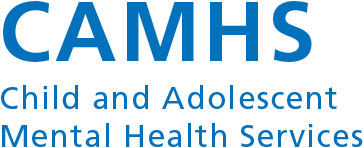 Obsessive Behaviours & Addictions Obsession and addiction is a different behaviour. Obsessive behaviour can look more like a ritual, where something might be done the same way, or at same time every day, or having the same thoughts but is essentially rooted in fear. This behaviour is carried out to 'protect' from something negative happening. Whereas an addiction can be rooted in a lack of satisfaction if the behaviour is not carried out and a desire to escape. When both are present it can be a desire to escape and avoid fear. Use the following links to find out more information:
Obsessive Behaviours & Addictions Obsession and addiction is a different behaviour. Obsessive behaviour can look more like a ritual, where something might be done the same way, or at same time every day, or having the same thoughts but is essentially rooted in fear. This behaviour is carried out to 'protect' from something negative happening. Whereas an addiction can be rooted in a lack of satisfaction if the behaviour is not carried out and a desire to escape. When both are present it can be a desire to escape and avoid fear. Use the following links to find out more information:Visit Wakefield CAMHS for more details and advice
Specific advice for addictions and Autism can be found at: parents and carers (autism.org.uk)
-
Show details
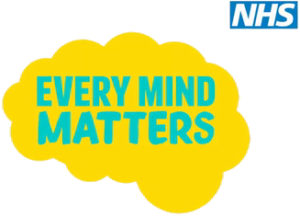 Low Mood
Low Mood Public Health, NHS England have a Better Health, every mind matters campaign with some practical tips to improve sleep, low mood and stress as well as some excellent advice around mental wellbeing.
Anxiety's, Fears & Phobia's
There are many ways to support a child depending on the severity of the issue.
Try to acknowledge your child's fear and let them know it is normal to feel this way. It is impoartant to regulate their physiological response by being calm and connected. If a child has a phobia this can manifest itself as extreme fear and can be debilitating for the sufferer.
CONSIDER SEEKING HELP:
- If the phobia is causing extreme distress or is severely inhibiting their normal daily life, and if your intervention does not appear to be working.
- If the phobia occurs in combination with other worrying behaviours or psychological problems (e.g. sleep disturbance, deterioration in school performance).
- If the child tells you that they have suffered trauma.

-
Show details
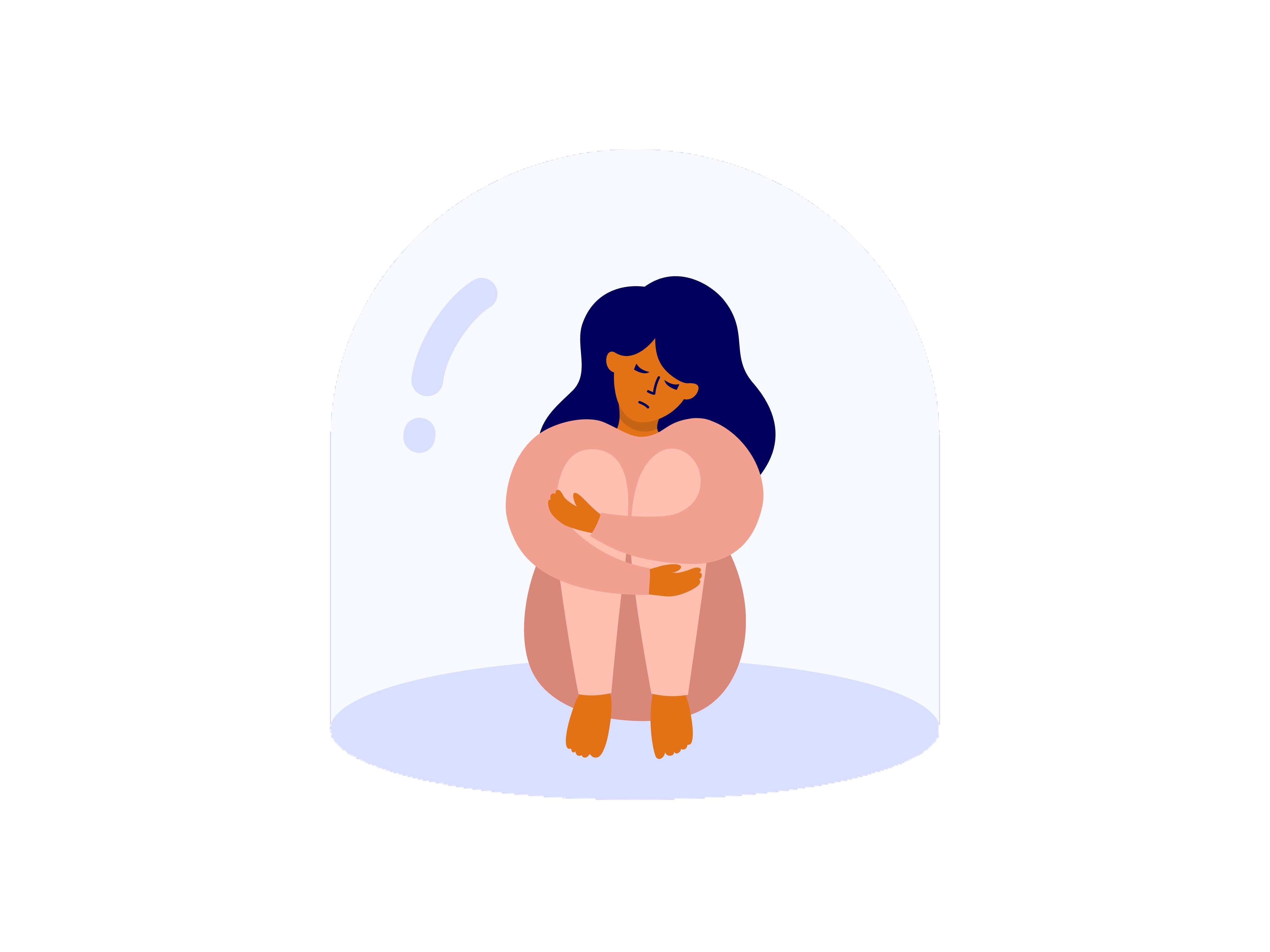 What can you do as a parent / carer to help your child with a phobia? · Reassure them that fears and phobias are common and can be managed or resolved.
What can you do as a parent / carer to help your child with a phobia? · Reassure them that fears and phobias are common and can be managed or resolved.
· Be aware that although their fear may be irrational, the child’s feelings of stress are real to them. They cannot easily relax or recognise that the thing or situation is not threatening.
· Challenge any irrational thoughts they might have, but don’t minimise the intensity of their feelings.
· Explain that you understand how anxious they are and that you want to try to help.
· Ask them about their fears. Get a better understanding of how common their fears are and how much the fears interfere with their lifestyle.
· Ask them about their anxiety symptoms. How severe and/or disabling are their physical and emotional symptoms?
· Explain that their symptoms are normal and are not life threatening.
· If they become distressed, distract them by talking about normal things.
· Find out what might be reinforcing their fears (e.g., family, or fear of being embarrassed in public).
· Find out how long they’ve been experiencing symptoms and whether there are any other obvious stressors.
· Find an age-appropriate way to explain phobias, how they develop, and that avoidance of a situation or thing will encourage the phobia to continue.
· If appropriate, set small achievable targets to help increase confidence.
· With the child/adolescent, help explain to important others (e.g., family, teachers).
· Give them age-appropriate reading material to help them understand. -
Show details
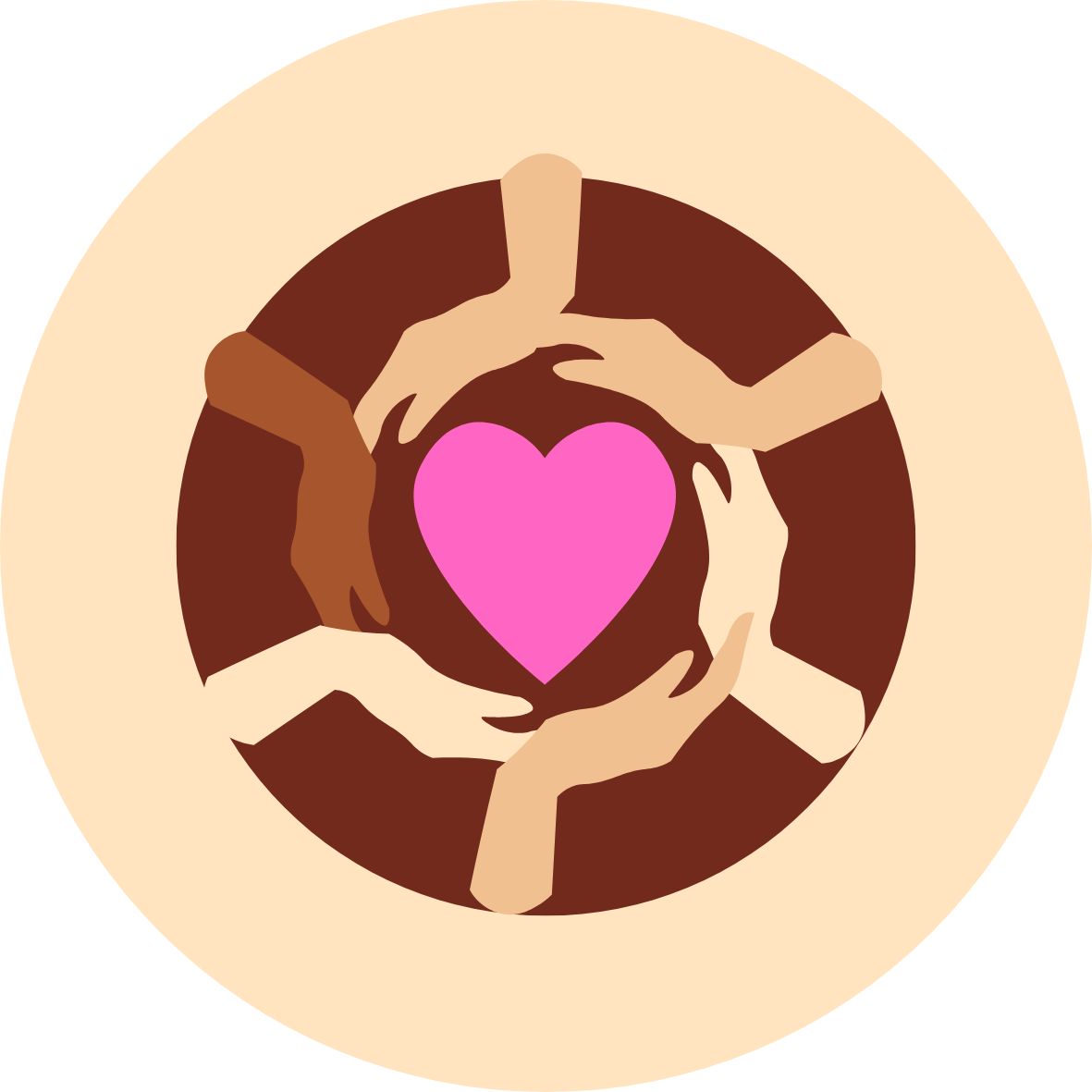 Charities that can help you and your child to cope
Charities that can help you and your child to cope
Useful Websites, Helplines and Apps
Things to bear in mind if you are considering counselling:
BACP is a membership organisation that sets standards for therapeutic practice. Their online directory can be used to locate a professional counsellor, who will usually charge for their services. Visit: BACP (British Association for Counselling and Psychotherapy)
Tel: 01455 883300 Email: bacp@bacp.co.uk Phoneline available Mon - Fri, 10.00 - 16.00

